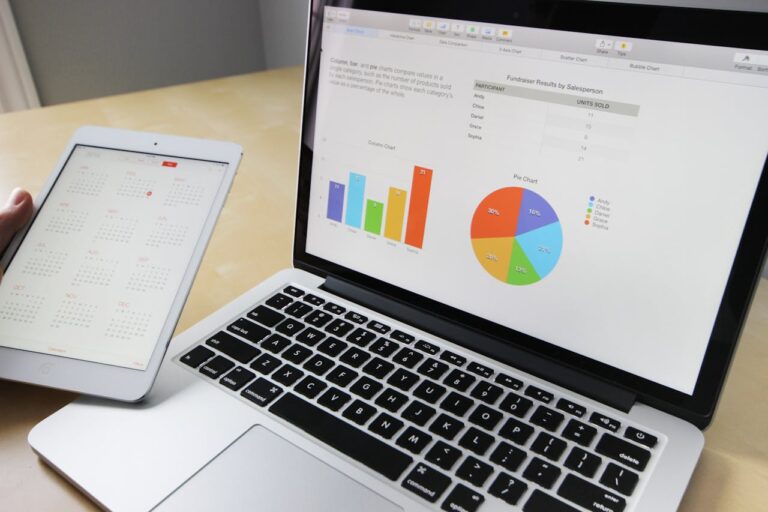
The global smart toilet market is poised for significant growth, projected to expand from USD 10.11 billion in 2024 to USD 16.09 billion by 2030, registering a compound annual growth rate (CAGR) of 8.05% during the forecast period .(Research and Markets)
Market Trends and Opportunities
The COVID-19 pandemic has heightened global awareness of hygiene, leading to increased demand for touchless and hygienic bathroom solutions. In the United States, bidet sales have experienced annual growth rates of up to 30%, reflecting a shift towards advanced sanitation products. Japan exemplifies this trend, with over 80% of households equipped with smart bidet toilets, highlighting a cultural preference for high-tech bathroom amenities.
The pursuit of luxury and comfort in residential spaces is another driving force behind the smart toilet market’s expansion. Features such as heated seats, adjustable settings, and automated functions are increasingly sought after by affluent consumers. In India, for instance, there has been a notable uptick in investments in smart toilets among the wealthy, underscoring the appeal of these advanced fixtures in high-end residential sectors.
Industry Restraints
Despite the growing interest, the high cost of smart toilets compared to traditional models remains a significant barrier to widespread adoption. While conventional toilets may start at around USD 200, smart toilets often come with a higher price tag due to their advanced features and technologies. This pricing disparity can limit market penetration, particularly in emerging economies where cost sensitivity is a critical factor.
Segmentation Insights
- By Type: The market is segmented into all-in-one smart toilets and smart toilet bidets. All-in-one models, offering comprehensive features, hold a significant market share. Japan, in particular, exhibits high adoption rates, with smart bidet toilets being commonplace in most households.
- By Application: Residential applications dominate the market, as smart toilets become household staples for their advanced hygiene features. Commercial usage is also on the rise, especially in healthcare settings, where institutions adopt smart toilets to enhance sanitation monitoring and patient care.
- By Connectivity: Remote control and Bluetooth connectivity are prevalent, driven by the integration of Internet of Things (IoT) technologies. Products like the Bio Bidet BB-1200 enhance user experience through app-controlled features, aligning with the growing demand for smart home integration.
- By Distribution Channel: Offline sales through specialty stores currently lead, offering customers a tactile buying experience. However, online channels are rapidly gaining traction, catering to the convenience preferences of digital shoppers.
Geographical Analysis
- Europe: In 2024, Europe accounted for over 36% of the global smart toilet market revenue. This dominance is attributed to the rising demand for eco-friendly and high-tech bathroom solutions in countries like Germany, the UK, and France. European consumers prioritize water-saving technologies, energy efficiency, and advanced hygiene features, aligning with the region’s emphasis on sustainability and smart home integration.
- Asia-Pacific (APAC): Rapid urbanization and cultural preferences for advanced hygiene solutions drive the APAC smart toilet market. Japan, China, and South Korea lead the region, with companies like TOTO Ltd. and Jomoo Group setting industry standards. Emerging markets such as India and Southeast Asia are also witnessing increased demand, fueled by growing awareness of water efficiency and smart home technologies.
- North America: While not the leading region, North America holds a significant share of the global smart toilet market. The United States, in particular, is experiencing market expansion due to rising demand for premium home products, technological advancements, and heightened hygiene awareness. Major players like Kohler and TOTO USA are investing in innovation, and the trend towards smart home integration is further boosting the adoption of IoT-enabled smart toilets.
- Middle East & Africa: The smart toilet market in this region is propelled by luxury real estate developments, especially in Gulf countries. The UAE and Saudi Arabia are at the forefront, driven by government initiatives promoting smart infrastructure and increased hygiene awareness.
- Latin America: The region shows considerable potential, with Brazil leading in adoption. As disposable incomes rise across Latin American countries, consumer spending capacity increases, thereby boosting demand for smart toilets.
Competitive Landscape
The global smart toilet market is characterized by intense competition, with major players striving for dominance through technological advancements and strategic positioning. Key companies include TOTO Ltd., Kohler, Jomoo Group, Villeroy & Boch, Roca Sanitario S.A.U., and LIXIL Corporation. These firms continually innovate, introducing features like self-cleaning systems, water-saving technologies, bidet functions, and heated seats to meet consumer demands for enhanced comfort, hygiene, and sustainability.
Additionally, companies are focusing on eco-friendly designs to attract environmentally conscious consumers and contribute to sustainability efforts. For example, smart toilets equipped with sensors can adjust the volume of water used for each flush, leading to significant water savings over time.
To maintain a competitive edge, these players are investing in research and development to enhance product functionality, connectivity, and overall user experience.
Key Company Profiles
- Jomoo Group
- Kohler Co.
- LIXIL Corporation
- Roca Sanitario S.A.U.
- TOTO Ltd.
- Villeroy & Boch(Research and Markets)
Other Prominent Vendors
- ANZZI
- ARROW Home Group
- Bio Bidet
- Brondell
- Dongpeng Bathroom AIO Solution
- Duravit
- Dyconn Faucet
- EPLO
- Guangdong ZhiJiaYouPin Sanitary Ware Technology Co., Ltd.
- Horow
- Huida Sanitary Ware Co., Ltd.
- JIAJUESHI GROUP LIMITED
- Leton-smart
- Ningbo Shunjie Sanitary Ware Co., Ltd.
- Nanjing Nivelle Imp & Exp Co., Ltd.
- Ove Decors
- Sicuro
- Toshiba Corporation
- VitrA
- Washloo
- Wellis Inc.
- Woodbridge
- Zhejiang Aodi Intelligent Sanitaryware Co., Ltd.
- Zurn Water(Research and Markets)
Key Attributes of the Report
- Report Length: 298 pages
- Forecast Period: 2024 – 2030
- Estimated Market Value in 2024: USD 10.11 Billion
- Projected Market Value by 2030: USD 16.09 Billion
- Compound Annual Growth Rate: 8.05%
- Regions Covered: Global(Research and Markets, ft.com, Research and Markets)
Key Topics Covered
- Market Opportunities & Trends:
- Growth in Awareness of Health and Hygiene
- Rise in Technological Advances
- Growth in Urbanization and Rise of Smart Cities
- Market Growth Enablers:
- Growth in Demand for Luxury and Comfort
- Expansion of Commercial and Hospitality Sector
- Rise in Water Scarcity Concerns
- Market Restraints:
- Higher Cost Than Conventional Toilets
- Low Penetration of Smart Toilets in Developing Countries
- Installation and Maintenance Complexities
- Geographical Coverage:
- APAC: Japan, China, South Korea, India, Australia, Singapore, Vietnam
- North America: The U.S., Canada
- Europe: Germany, The U.K., France, Italy, Spain, Netherlands, Switzerland
- Middle East & Africa: UAE, Saudi Arabia, South Africa, Turkey
- Latin America: Brazil, Mexico
For more detailed information, you can access the full report here: (Research and Markets)







